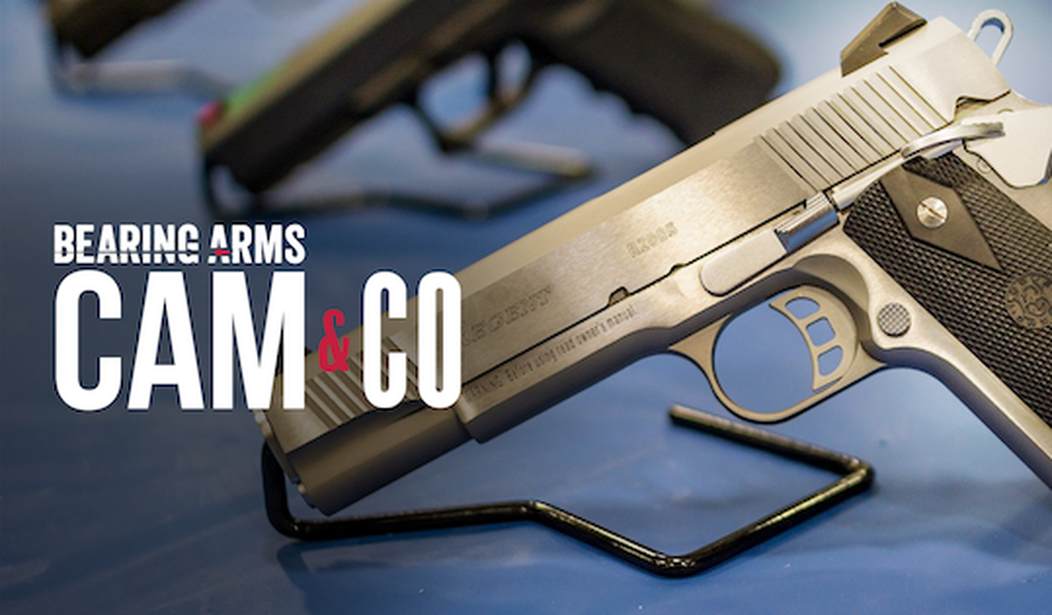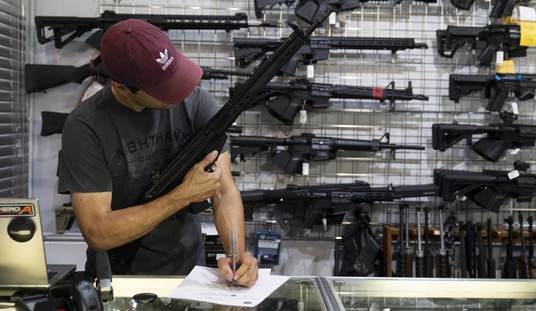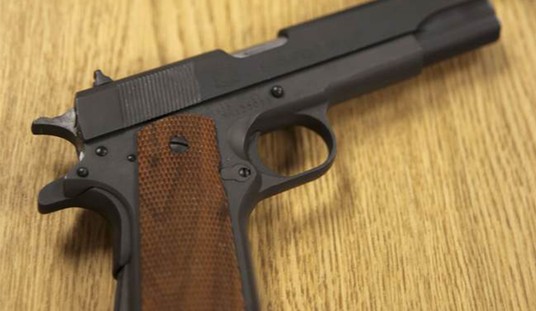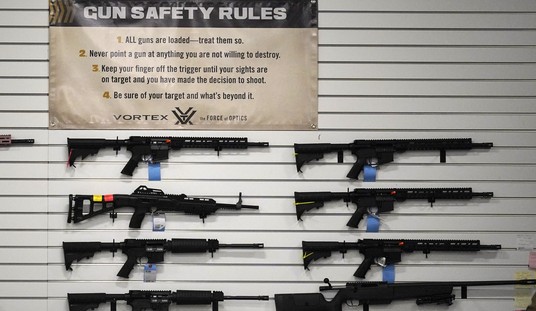I'm pleased to welcome Dr. J. Eric Dietz from Purdue University's Homeland Security Institute back to Bearing Arms Cam & Co for today's show, where the professor was able to highlight some of his latest research documenting the benefits of armed school staff and citizens serving as church security.
Dietz and his team of researchers have looked at armed school staff before, reaching the conclusion that a combination of school resource officers and armed school staff can reduce casualties in an active shooter attack on campus by more than 70 percent. In his latest research, Dietz sought to examine one of the common arguments against armed school staff; that it increases the risk of accident or injury to students if there's a negligent discharge.
While Dietz acknowledges that accidents can and do happen, he also says his research shows the benefits of having armed school staff in place far outweigh the risks.
"We looked at typical accident rates and were able to do a mixed time frame model of the schools and showed that the active shooter response enhancements that we've talked about already of 70 percent fewer casualties are maybe compared 20-to-1; the casualty rate to the accident rate. So the accident rate is very, very low."
Arguably the same is true for school shootings in general, but Dietz says that the potential for an accidental shooting by an armed school staffer might result in one or two injuries, while an active shooter who isn't met with an armed response in a timely manner could kill far more people.
Dietz also believes that arming school staff probably makes more sense in rural school districts where law enforcement could take 15 minutes or longer to arrive on the scene of an active shooter than urban school systems that have a much larger number of police officers on duty at any given time (including dedicated school resource officers), but agreed that having additional layers of security, including armed school staff, is critically important for school districts of all sizes. This research is incredibly valuable, and I hope that lawmakers in Colorado will take a look at his findings as they consider a bill that would scrap the ability for school districts to arm staffers; a policy that's already in place in dozens of school districts around the state.
Dietz and I also talked about some recent research conducted by one of his PhD students to help a local church come up with best practices for their volunteer security team; information that could be invaluable for other houses of worship that aren't large enough to field a team of paid security professionals during services.
Members of the team should be carefully selected, well-trusted, and committed, preferably with military or LE experience, if possible. Members should be required to attend appropriate training (Table 1) and review sessions on church safety, adhering to local LE advice and training. Security members should be experienced with firearms, and requirements should include having a concealed carry permit and successfully passing an additional background check. As an entrusted and known member of the community, security personnel should recognize many members of the congregation, while also being friendly yet observant of visitors.
Members should go through situational awareness training, which will teach them to identify suspicious or unusual behavior and communicate with one another clearly and efficiently. Members should also have an idea of where to go and what procedures to follow, such as where they should be at a given point in the service or when to lock doors. The size of the security team should be proportional and scaled to the size of the congregation.
All doors should be equipped with locks and locked after service start, especially along with exterior entrances and major walkways. Doors should preferably avoid having large panes of glass that an attacker could shatter and reach through to unlock.
Instead, doors should impose a less penetrable barrier than glass, such as the use of peepholes, ballistic glass, or a camera system that monitors the area outside the door. Additionally, the windows should be treated with bullet-resistant laminate as the one offered by Safe Haven Defense Group, which can even protect against rifle rounds.
One of the other tactics deployed by the Indiana church that can be easily adopted by others is simply having those armed parishioners seated alone in strategic locations, rather than hanging out with family and friends who might inadvertently distract them from keeping watch.
Dietz says that, just as in schools, having the capability for an immediate armed response in a church saves lives, while waiting for police to show up from another location simply gives a killer more time to carry out their murderous assault. It's common sense, but it's also backed up by the research that Dietz and his team are doing on a daily basis, and I appreciate his contributions to the debate over armed citizens and public safety. In fact, we'll be welcoming Dietz and some of his students back to Cam & Co in the near future to talk more in-depth about some of this research, but I encourage you to check out today's conversation in the video window below.








Join the conversation as a VIP Member